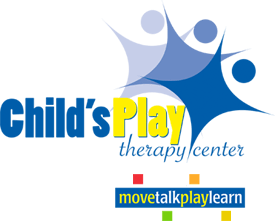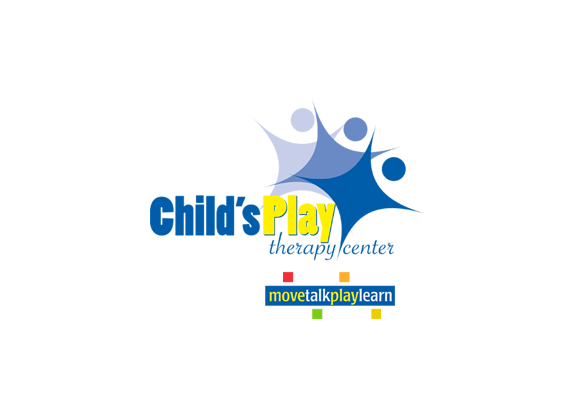
Primitive reflexes are automatic movements babies are born with to help them survive and develop early skills — like sucking, turning their head, or holding onto your finger.
As your child grows, these reflexes are meant to “integrate,” meaning the brain learns to control movement instead of reacting automatically.
When a reflex doesn’t fully integrate, it can impact coordination, attention, posture, and learning skills — even years later.
The good news? Occupational therapy can help!
???? 1. Trouble Sitting Still or Paying Attention
What you might notice:
- Constant wiggling, leaning, or falling out of the chair
- Difficulty focusing or appearing easily distracted
- Prefers to stand, lie down, or fidget during meals or homework
Why this happens:
If the Tonic Labyrinthine Reflex (TLR) or Spinal Galant Reflex is still active, your child’s body may be telling them to move when they’re supposed to be sitting still — making focus extra hard!
OT tip:
Try movement breaks before seated tasks — wall pushes, jumping jacks, or animal walks can help calm and “reset” the body for learning.
✍️ 2. Poor Handwriting or Trouble With Fine Motor Tasks
What you might notice:
- Tiring quickly during writing or coloring
- Using an awkward pencil grasp
- Messy handwriting or poor spacing on paper
Why this happens:
An active Asymmetrical Tonic Neck Reflex (ATNR) can make it hard for the brain to coordinate both sides of the body. Turning the head might cause the writing arm to extend or tighten up, impacting control.
OT tip:
Encourage bilateral play — games that use both hands together like building blocks, play dough, or catching a ball. These strengthen the brain-body connection.
???? 3. Frequent Clumsiness or Poor Coordination
What you might notice:
- Trips, bumps into things, or drops items often
- Has trouble with sports, riding a bike, or tying shoes
- Appears “floppy” or “stiff” during movement
Why this happens:
A retained Symmetrical Tonic Neck Reflex (STNR) or Moro Reflex can interfere with balance and timing. These reflexes affect posture and how the body moves through space.
OT tip:
Encourage balance-based play — obstacle courses, scooter boards, or yoga poses like “tabletop” and “bird-dog.”
???? 4. Prefers “W-Sitting” or Avoids Crossing Midline
What you might notice:
- Always sits with legs in a “W” shape
- Avoids reaching across their body (i.e., uses right hand only on right side)
- Struggles with reading across a page or catching a ball
Why this happens:
The STNR and ATNR reflexes both play a role in how the body coordinates both sides. Retention can make cross-body tasks uncomfortable or tiring.
OT tip:
Encourage “criss-cross applesauce” sitting, cross-crawls, or dance moves that involve both sides of the body.
???? 5. Strong Reactions to Change, Noise, or New Experiences
What you might notice:
- Overreacts to loud sounds or bright lights
- Startles easily or feels anxious in new environments
- Needs extra reassurance or struggles with transitions
Why this happens:
An active Moro Reflex (the startle reflex) can make a child’s body go into “fight, flight, or freeze” mode more often, even in safe situations.
OT tip:
Use calming routines: deep pressure hugs, slow rocking, or deep breathing with visual cues (like “smell the flower, blow out the candle”).
❤️ When to Consider Occupational Therapy
If your child shows a variety of these signs consistently, an OT can help evaluate whether primitive reflexes are playing a role.
Through playful, movement-based activities, OTs help integrate these reflexes so your child can:
✅ Focus better
✅ Improve coordination
✅ Feel calmer and more confident
✅ Develop fine motor and academic skills
???? Written by:
Chandon Hines, M.S., OTR/L
Additional Resources:


